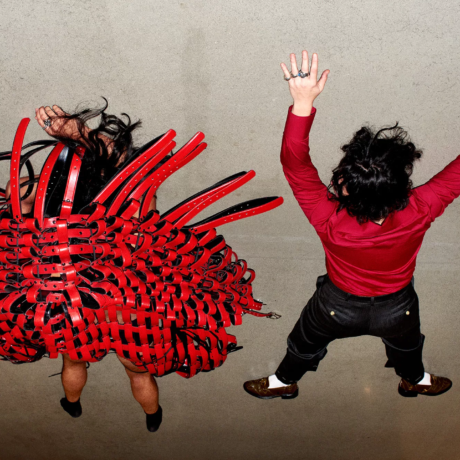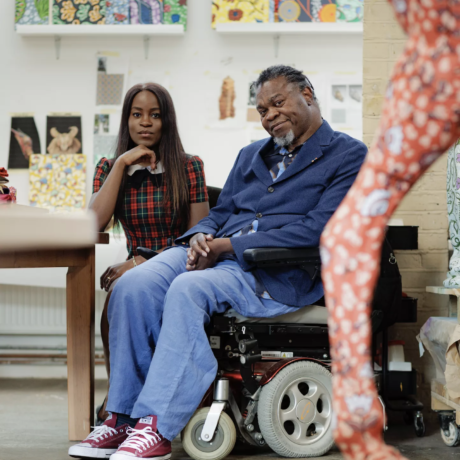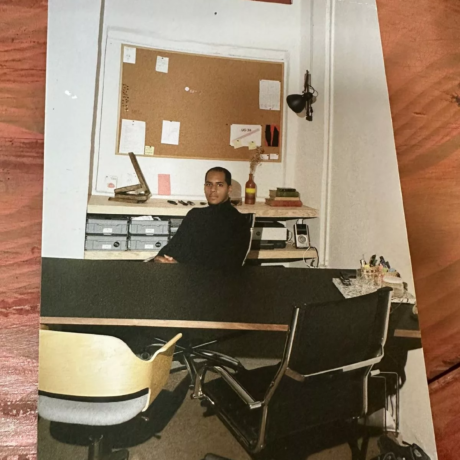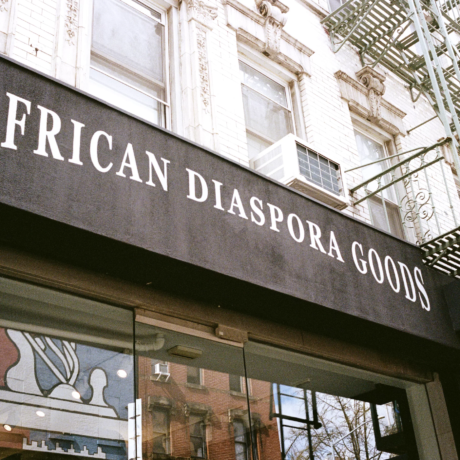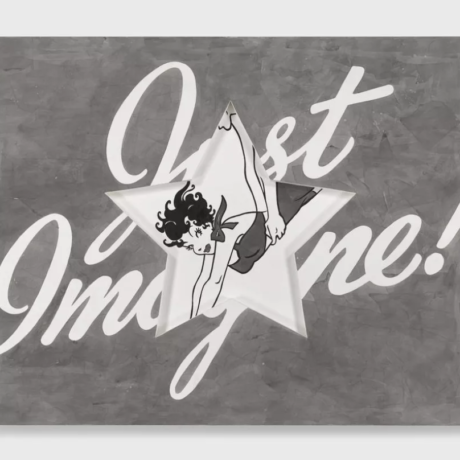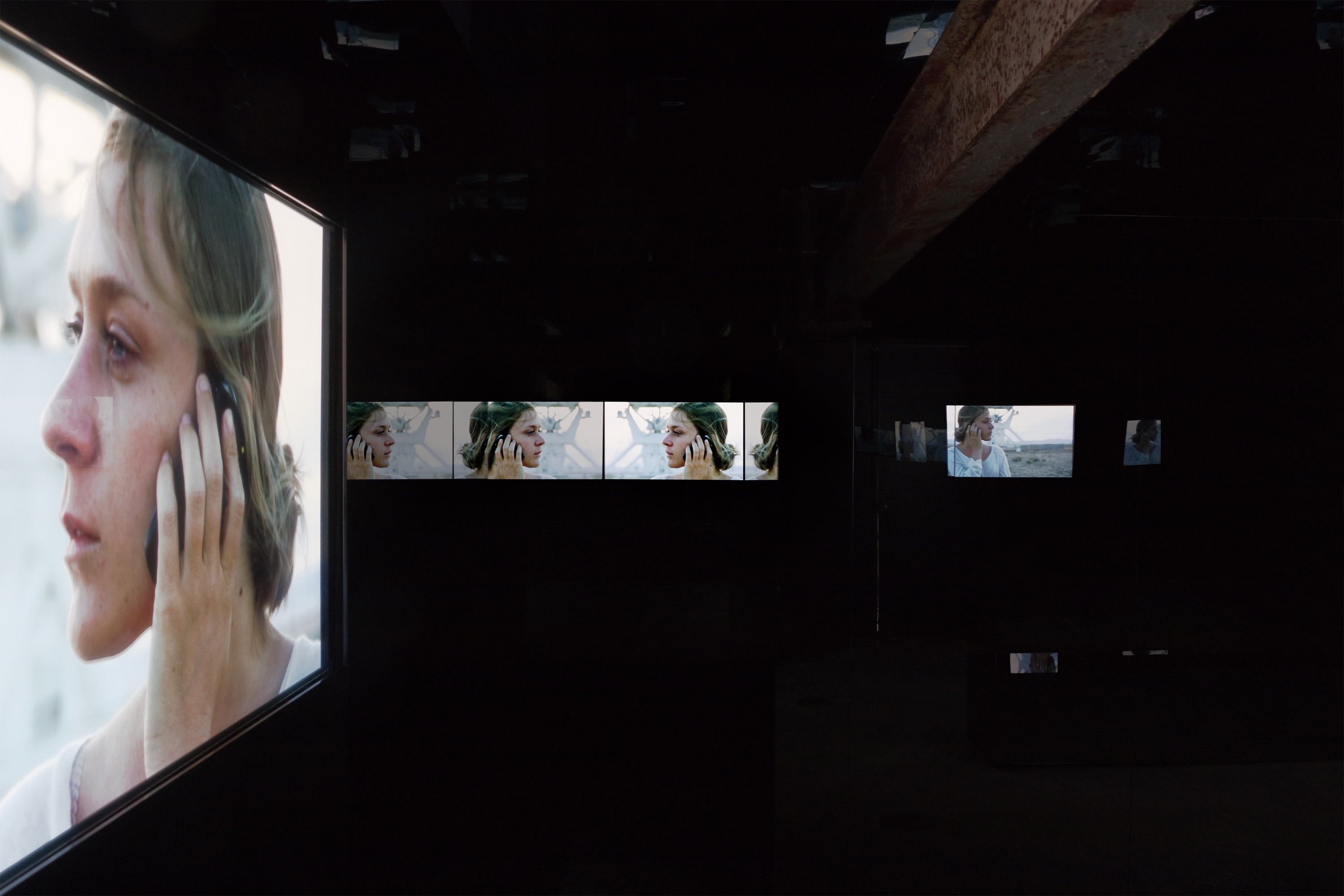
“Check in check out/ … Customs security delay/ One room single/ Check in check out,” says Chloë Sevigny, as the nameless figure in Doug Aitken’s film installation Black Mirror. The sound of drums kicks in and the beat follows her from one hotel to the next, from airport waiting room to airport waiting room. Shots of planes cut to phone calls cut to suitcases trundling down busy streets, the connectivity is constant and the pace relentless.
Aitken’s film installation moves between fragmented shots, with little hierarchy or plot. This splintered timeline lends itself to different version of display, but its initial manifestation in 2011 was as a live performance on a barge floating between Athens and the Mediterranean island of Hydra. It is clear that Aitken is a master of spectacle: Black Mirror’s sunset-soaked setting is complemented by shots of smoke drifting over power stations and runways extending into the distance.
“To deal with the uncertain present you must always be willing to adapt and be constantly ready to perform”
The anonymous hotel rooms, open roads and airports are non-places, not destinations in themselves, they are there to facilitate travel. The focus on such scenes seems indicative of a contemporary demand for fluidity in the way we work, from unreliable freelance jobs to zero hours contracts; or at least a perception that to deal with the uncertain present you must always be willing to adapt and be constantly ready to perform. “Never stagnate, never stop,” continues Sevigny, later in the film as pole dancers twist around her (they also have to keep moving in order to stay up).
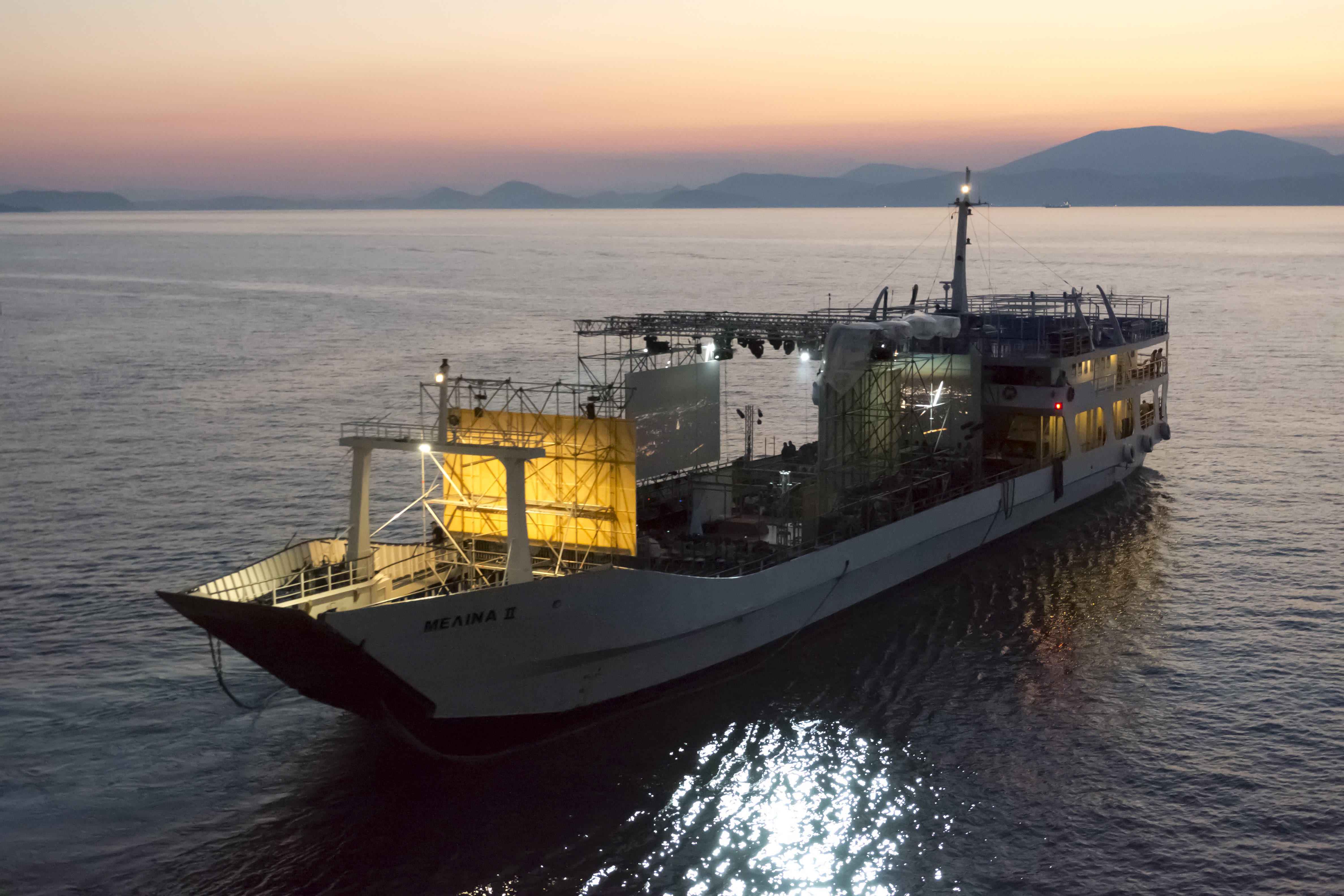
Aitken envelops the specific ennui of constant international travel in a hazy colour palette full of cinematic appeal, adding to the romanticism of an existence few of us have the funds to experience—these permeable borders are enjoyed by few.
There are more relatable truths to be taken from this film too. Black Mirror’s archival website features words from Joan Didion’s White Album: “I lost track of information/ I was blitzed by opinion/ I began to see opinions in the air/ intersecting flight patterns…” That our lives are affected by an ever-growing stream of data is nothing new. What is becoming increasingly apparent, however, is that the promise of limitless connectivity ultimately serves to alienate us further.
Images courtesy the artist, 303 Gallery, New York; Galerie Eva Presenhuber, Zürich; Victoria Miro Gallery, London; and Regen Projects, Los Angeles
